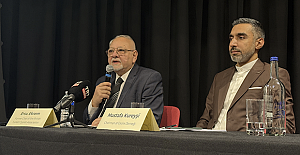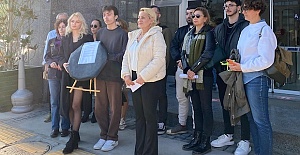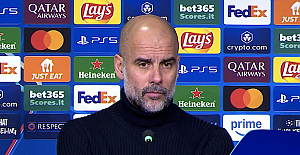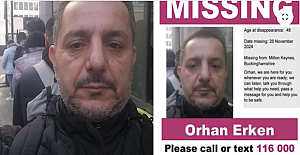Claims Management & Adjusting (CMA) has welcomed comments by the Earl of Lytton in the House of Lords that Highways England’s contractors are apparently not averse to submitting inflated claims for infrastructure damage. CMA estimates that drivers, fleet operators and insurers have paid at least £10million too much over the last three years in overstated invoices. Responsibility for repairing Crown property (motorway barriers, traffic signs, road surfaces etc) following a crash or vehicle fire usually rests with Highways England, but much of the work is contracted out.Speaking in response to the Queen’s Speech on 26 June 2017, The Earl of Lytton (pictured), descendant of the poet and adventurer Lord Byron, said: “I suggest that there are many areas in which public administration and corporate social responsibility must improve. Sometimes it is not clear whether one is dealing with the objective public administrator, a commercial competitor or some sort of political adversary. That should not happen. I welcome the attention being given to the question of spurious personal injury claims in motor accidents, but Highways England’s own contractors are apparently not averse to submitting inflated “green claims”, as they are known, for highway infrastructure damage caused during motor accidents. These increase insurance costs, too, and appear to be outwith the contractual arrangements with Highways England, and yet nothing seems to be done about them.”Managing Director of CMA, Philip Swift, a former police detective, said: “We’ve been in dialogue with Highways England for some time regarding the unacceptably high proportion of invoices for damage to Crown property which are overstated. This is a serious matter as evidence in our possession indicates that many drivers, fleet operators and insurers have had claims and facts misrepresented to them. Highways England has so far failed to put a stop to this practice, seemingly content to simply accept what their contractors present. Hopefully recent managerial changes will prompt a change in approach. When only basic investigations so frequently result in these claims being halved or dismissed entirely, something is clearly very wrong. These incisive comments by the Earl of Lytton can only help to raise awareness of the issue.”


 After Nesil Caliskan a by-election will be held in Jubilee ward in Enfield
After Nesil Caliskan a by-election will be held in Jubilee ward in Enfield Publishing the analysis, Labour’s Cllr Ergin Erbil said Everybody in Enfield deserves basic rights
Publishing the analysis, Labour’s Cllr Ergin Erbil said Everybody in Enfield deserves basic rights Gaza-Israel conflict Statement from Cllr Ergin Erbil, Leader of Enfield Council
Gaza-Israel conflict Statement from Cllr Ergin Erbil, Leader of Enfield Council Cllr Ergin Erbil was elected as the new Leader of Enfield Council
Cllr Ergin Erbil was elected as the new Leader of Enfield Council History of the Turkish Cypriot People symposium held in London
History of the Turkish Cypriot People symposium held in London Asia's most famous and powerful 100 women award given to WFPA President Naziya Bisenova
Asia's most famous and powerful 100 women award given to WFPA President Naziya Bisenova Death toll climbs to 5 as powerful Storm Bert batters Britain
Death toll climbs to 5 as powerful Storm Bert batters Britain Turkish students are unable to obtain visas from the Italian Consulates
Turkish students are unable to obtain visas from the Italian Consulates Footballers are celebrating after Enfield Council officially opened a pitch
Footballers are celebrating after Enfield Council officially opened a pitch  Pep Guardiola's Manchester City beaten by Juventus
Pep Guardiola's Manchester City beaten by Juventus Chelsea to meet Arsenal in Sunday's London derby
Chelsea to meet Arsenal in Sunday's London derby Fenerbahce vs Manchester United Predicted line-ups! Jose Mourinho faces former side
Fenerbahce vs Manchester United Predicted line-ups! Jose Mourinho faces former side UK economy had zero growth between July and September
UK economy had zero growth between July and September Shape the future of housing services with The Enfield 500
Shape the future of housing services with The Enfield 500 DOUBLE-CAB PICKUPS TO BE CLASSED AS CARS UNDER NEW HMRC POLICY
DOUBLE-CAB PICKUPS TO BE CLASSED AS CARS UNDER NEW HMRC POLICY Guide to Selling Hoodies with Imprinted Book Quotes
Guide to Selling Hoodies with Imprinted Book Quotes















